10 Unanswered Questions Surrounding Dell's Buyout

10 Questions
The dust has settled on the privatization of Dell, but there are still several unanswered questions regarding the $24.4 billion leveraged buyout of the company. Dell did not hold a conference call after the announcement, and there's been scant information from the company outside of the official release. Here's a look at some of the questions Dell still has to answer.

What's Next?
Dell's board approved the deal, but the deal is a long way from done. First, there's a 45-day "open shop" period in which other groups can submit another offer for the company. Pending no larger offers, then the deal must meet government approval. The company could face class action lawsuits from investors who feel that Dell didn't get them as much money as it could have. Clearing all that, Dell expects to close the deal in the second quarter.

What Does It Mean For VARs?
Theoretically, the deal shouldn't have a significant impact on Dell's solution providers because not much is expected to change within the company, at least not initially. Dell has said it hopes to become more flexible and develop better technology and better solutions for customers, which should be good news for VARs. Greg Davis (pictured), vice president and general manager of Dell's Global Commercial Channel Business, said the company's commitment to channel partners would not waver. "As a private enterprise, we will continue to execute our strategy of delivering best-in-class solutions and growing our channel relationships," Davis said in an email to CRN.
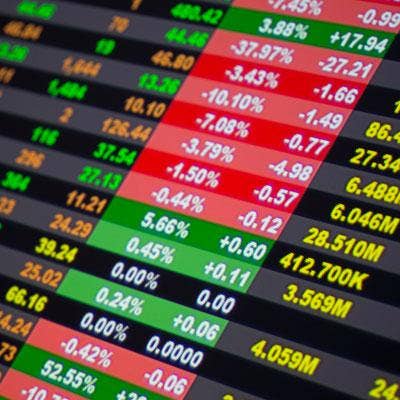
Did Shareholders Get Enough?
A buyout of $13.65 is a healthy premium over what the company was trading for just a few months ago, and Dell was one of the worst-performing tech stocks of 2012, but some people believe that shareholders should have gotten more of a return.
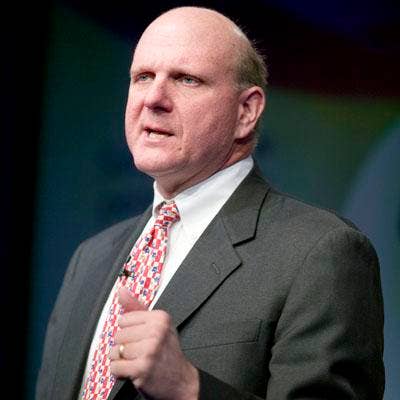
How Much Influence Will Microsoft Have?
With a $2 billion loan from Microsoft, how much say will Steve Ballmer (pictured) & Co. have in Dell's future direction? According to the Wall Street Journal, a stipulation in the agreement calls for Dell "to use Microsoft's Windows software to power the vast majority of its devices," the Wall Street Journal reported. And speaking of Microsoft ...
{C}
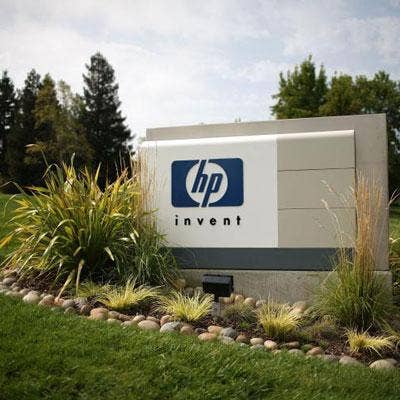
How Does The $2B Loan Impact Other PC Makers?
HP bashed Dell, while Lenovo took the high road, but PC makers might have a legitimate gripe about Microsoft loaning money to one of their competitors. Certainly, there are now financial incentives for Microsoft to want Dell to succeed. Will that come at the expense of HP, Lenovo, etc.?
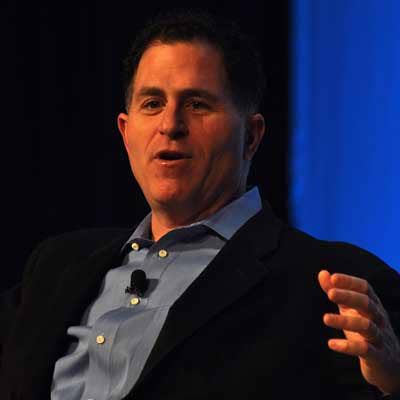
Is Michael Dell Around For The Long Term?
Michael Dell already stepped down as CEO of Dell once, in 2004, before returning three years later at the bequest of the board of directors. Granted, he's now got a larger ownership stake in the company, but does that mean Dell will continue to lead his namesake company for many years to come?
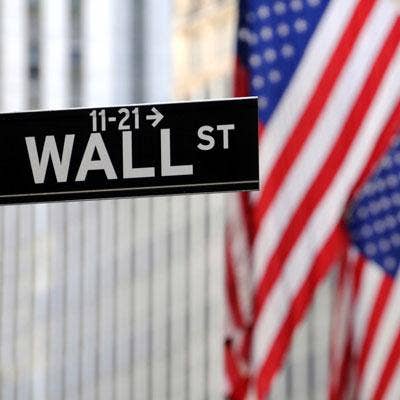
Will The Company Go Public Again?
Private equity firms often don't look to keep their holdings forever. Could Silver Lake and friends help transform the company and then flip it, or take the company public again? Seagate did just that in 2002 after going private two years earlier.

What Happens To The PC Business?
If Dell's goal is to become an enterprise solutions company, might the new owners look to sell or spin off the PC business? It's a road that others have taken before (IBM/Lenovo) or thought about (Hewlett-Packard).
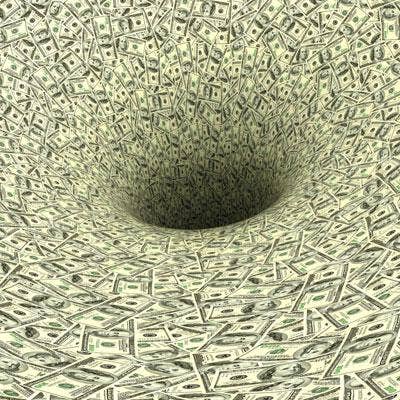
Could The Deal Fall Apart?
Rumors of the deal abounded for a couple weeks before the final agreement was announced, so it appears all parties involved did their homework and the financing is in place. Certainly, Michael Dell, who is putting up his own money, has a vested interest in making sure the deal happens as he expects to remain in control. One concern could be the company's ability to pay Microsoft back the $2 billion it owes, or the $15 billion in debt that company now reportedly takes on. Dell's been a profitable company, but stranger things have happened.

Will Software Get Bigger?
Dell named former CA CEO John Swainson (pictured) to head the new Dell Software Group, which includes Quest Software among other acquisitions. Who did Swainson used to work with? He was a senior advisor to Silver Lake Partners, the lead financier in the leveraged buyout. Could Swainson use his influence to help Dell look for more software purchases to build up that business?